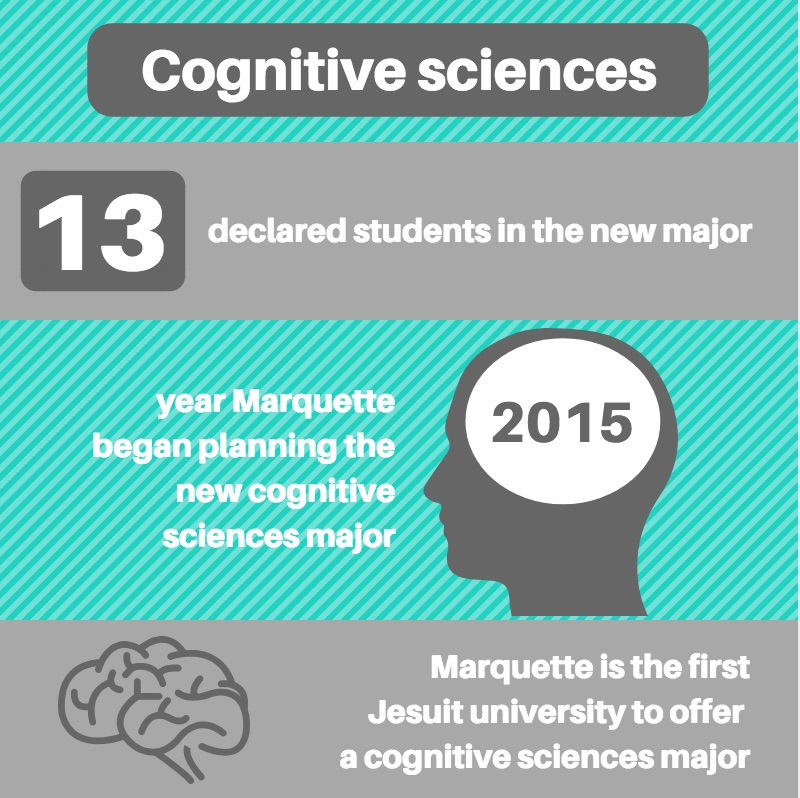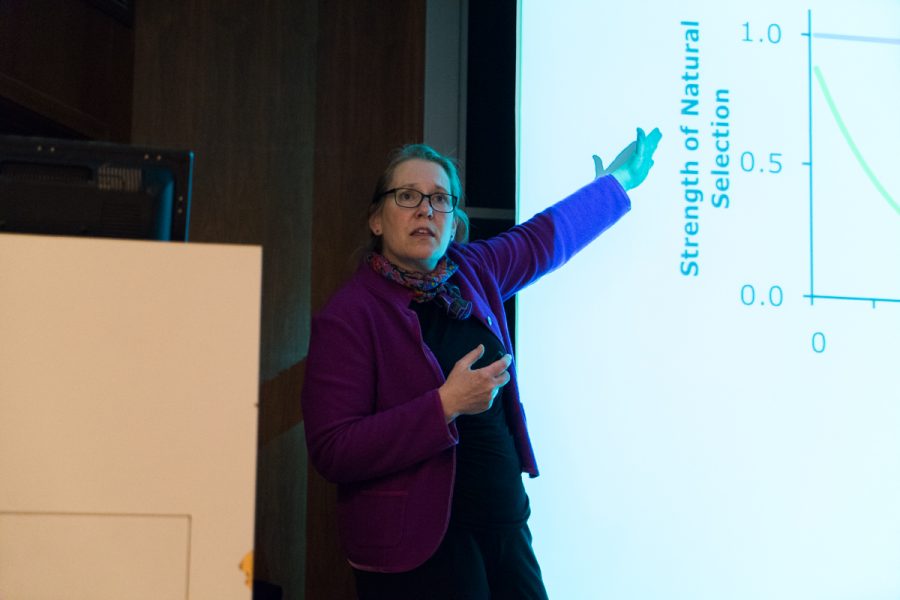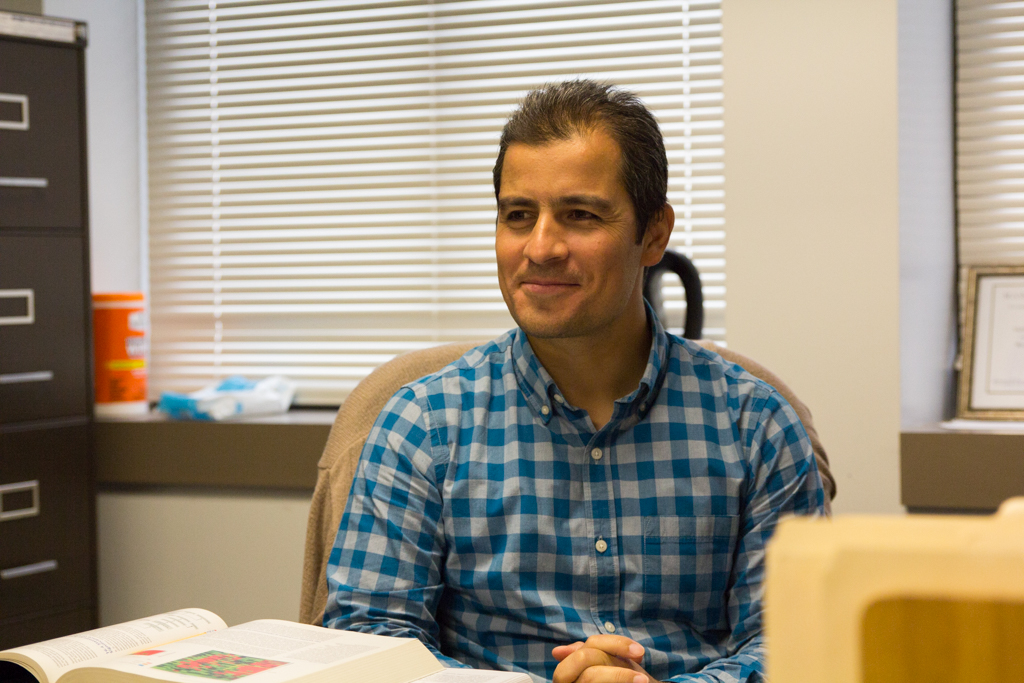 You and I are greatly indebted to animals.
You and I are greatly indebted to animals.
For the past century, virtually every major scientific discovery and medical breakthrough has come about in some way thanks to animals. Advances in the treatment of leukemia, diabetes, heart disease, among others, have been reached through the use of animals in scientific research.
Today, animals are routinely used for research and education in secondary schools, universities, medical schools, pharmaceuticals and government laboratories in ways that can improve the quality of life for humans and enhance our understanding of complex biological systems.
However, there are those who object to the use of animals in experimentation. Activist groups like the People for the Ethical Treatment of Animals, the Humane Society of the United States (not to be confused with local humane societies) and what some call terrorist organizations like the Animal Liberation Front, call for an end to animal experiments.
The founders of these groups base their claims on a supposed moral equality between humans and animals.
Practically, this means that if a building were on fire and there was a baby and a mouse inside, and you can only save one of them, then there is no preferred choice.
Since most of the public would reject this outrageous idea, animal activists must resort to misrepresentations to make their case.
Their most prevalent argument is that animal-based experimentation and education are obsolete and could be replaced with computer simulations or cultured cells that are grown under laboratory conditions.
However, this claim overlooks two fundamental truths regarding animal experimentation.
First, we are nowhere near a complete understanding of how complex biological systems work. Cultured cells may be very useful if one is investigating processes that occur at the cellular level, but they won’t allow you to see how an intact system of organs and tissue work together or how a given drug can change the physiology of an entire organism.
And while computer models help to describe complex systems, they won’t help us understand something if we aren’t sure how it works in the first place.
The second truth is simply intuitive. Let’s assume that there was an acceptable alternative to animal research, which itself is a slow, costly and labor-intensive method. As scientists face dwindling research budgets, competition and intense pressure to publish, why would any researcher choose to use animals if there were an alternative way to accomplish the same goals?
Scientists are too rational not to choose a better way.
Animal-rights proponents often remark on the pain experienced by specimens during experiments. But they ignore that the Animal Welfare Act of 1966 enjoins researcher to use anesthetic and analgesics in procedures that may cause pain to sentient, vertebrate animals.
These powerful drugs numb or induce a deep sleep in the specimen. Such protocols must pass muster with institutional review boards, including one at Marquette.
Such review boards enforce compliance with federal and state regulations, including the Animal Welfare Act of 1966 and guidelines issued by the American Veterinary Medical Association and the Association for Assessment and Accreditation of Laboratory Animal Care.
The most objectionable reality of animal experimentation is the eventual death of a specimen.
Euthanizing these animals occurs according to guidelines proscribed by law. In higher vertebrates, this often involves a lethal dosage of a strong barbiturate that causes unconsciousness followed by respiratory and cardiac arrest. Often described as peaceful and swift, this manner of death is far less violent and painful than the way many animals must die in the wild.
To make progress in science and medicine, we must make difficult decisions that come with a cost. If we only see animals as objects of our affection and concern, then that cost seems too great. However, a fairer assessment of the facts must account for more than our feelings. It must accept that in exchange for the lives of these animals, we advance scientific knowledge and improve our ability to heal illness and end human suffering.
I’d like to thank Dr. Edward Blumenthal of the Department of Biological Sciences for input about this article.



